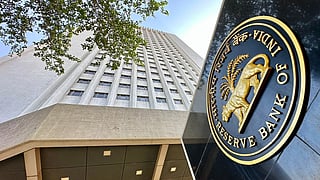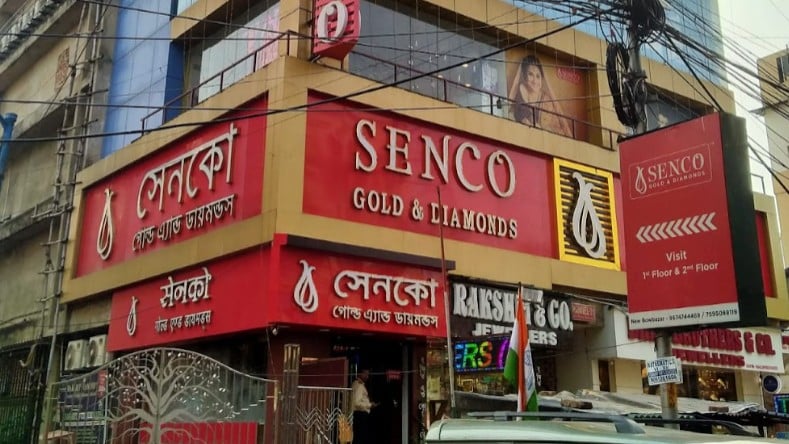He was once an emblem of resurgent India. Pioneer industrialist. Serial entrepreneur. Media mogul. Murdoch of Asia. The superlatives came up fast and furious in yesteryears. But in the last decade or so, things have not been exactly worth writing home about.
The latest is the Securities and Exchange Board of India interim order, which has barred Essel Group Chairman Subhash Chandra and his son, Zee Entertainment Enterprises Ltd. Managing Director and CEO Punit Goenka, from holding directorial or key management personnel positions in any listed entity. This is based on an investigation of an alleged diversion of funds of Essel Group companies for their own benefit. While this is not the last word on this matter, it is a far cry from where Chandra was in his heydays.
Accidental Entrepreneur
His story is the stuff of grit and guts. A self-confessed accidental entrepreneur, he hailed from a business family in a small village near Hisar in Haryana. In 1967, when he was just 17 years old, the family business went under and he had to discontinue his studies. Faced with a debt of about Rs 5 lakh and with only Rs 11 in his pocket, it is reputed that he turned around the business in just two years.
Chandra did not look back after that. Taking forward the same line of family business, he started exports of packaged rice to the erstwhile U.S.S.R. In the early 1970s, the control of the original family business started by Chandra’s grandfather went to him. After the business was renamed Essel Group in 1976, Chandra was on a tsar trek. He founded and grew Essel World in the amusement business, an entire all-powerful national media group around the Zee brand, Essel Propack in packaging, online lottery Playwin, Dish TV, E-City Entertainment and the Indian Cricket League.
All these give a bird’s eye view of his growing business from the early 1990s till about 2010 but they also included other companies and projects in infrastructure, tourism and cruise, entertainment and education. In effect, Chandra built and developed a large, diversified and in some ways a globally known business group with substantial family holdings and oversight. In the media and entertainment business, he cut partnerships with international companies. He became a force to reckon with in India and India Inc.
Growing Troubles
It was in this over-ambitious, super-growth era and milieu of the Essel Group that Chandra’s troubles and decline started and grew. While the Essel and Zee bubble was punctured by a raft of darts, perhaps, some of them took a greater toll on the group than others. These include: corporate governance; diversifications; high debts and inability to service them; family governance; and competition. Additionally, while the group’s decline happened gradually over a number of years, there was a specific incident that triggered the debt crisis a few years back: the 2019 $12.8-billion bankruptcy of the infrastructure operator-financier IL&FS Group. The implosion of IL&FS raised borrowing costs for those companies that had exposure to infrastructure. The Essel Group was one of them and was deeply impacted.
Corporate Governance
At the heart of the current fracas with SEBI is alleged diversion of funds for personal and family benefit from public limited companies in which they had equity stakes in. This is not the first instance of allegations of questionable practices. At another level, in 2021, Invesco Oppenheimer, a shareholder in Zee Entertainment Enterprises, raised a number of demands around governance and one of them related to the leadership of Punit Goenka at the company. There have also been instances of many independent directors resigning from the boards of group companies over the discomfort with the way the companies are led and managed.
Governance Practices
The Essel Group was for a long time run and managed as a family business by Chandra, along with his three brothers Laxmi Narain Goel, Jawahar Goel and Ashok Goel in active management and leadership of the group. While this has changed to some extent with the changing ownership structure of the group, Chandra’s two sons Punit and Amit continue to have an active role in the management. Says Kavil Ramachandran, senior advisor, Thomas Schmidheiny Centre for Family Enterprise at the Indian School of Business, Hyderabad, “Apart from issues of corporate governance, the Essel Group did not have good family business governance practices. In a family business, one should assume the role of a steward and take everybody along, keeping the long-term interests of the family.”
Diversifications And Financial Overstretch
In the latter half of 1990s, when corporate India was in love with the concept of core competence ideated and promoted by management guru CK Prahalad, Chandra and the Essel Group, on the other hand, were expanding at a breakneck speed through diversifications. But the one diversification that played a particular spoilsport was infrastructure. Adds Ramachandran, “The GMR Group (which is also into infrastructure) had faced challenges of high level of share pledging, but they took proactive steps to be asset-light, thanks to strong corporate and family governance practices.” With continued losses and topline and bottom line dropping in many Essel group companies, it had to resort to sale, equity dilution or closure of many of them. All these have contributed to its decline from its heydays.
Competition
Chandra’s substantial, successful and profitable businesses are now largely in the media and entertainment business. But this is where formidable competition has been building up, both from Indian and international players.
That is why the planned Zee-Sony merger that was inked last year holds significance to the future of Chandra and the Essel Group. Today, the group is a pale shadow from its halcyon days.
Can Chandra reclaim some, if not all, of the lost ground?
George Skaria is the former Editor of Indian Management and Asian Management Review.
The views expressed here are those of the author and do not necessarily represent the views of BQ Prime or its editorial team.
 RECOMMENDED FOR YOU
RECOMMENDED FOR YOU

Government Appoints Shirish Chandra Murmu As RBI Deputy Governor
 Sep 29, 2025
Sep 29, 2025

Tata Motors Names Shailesh Chandra MD And CEO With Effect From Oct. 1
 Sep 26, 2025
Sep 26, 2025

Hexagon Nutrition Files Draft Papers With SEBI For IPO
 Sep 23, 2025
Sep 23, 2025

Sushila Karki Declared Nepal's Interim Prime Minister Amid Unrest
 Sep 12, 2025
Sep 12, 2025


